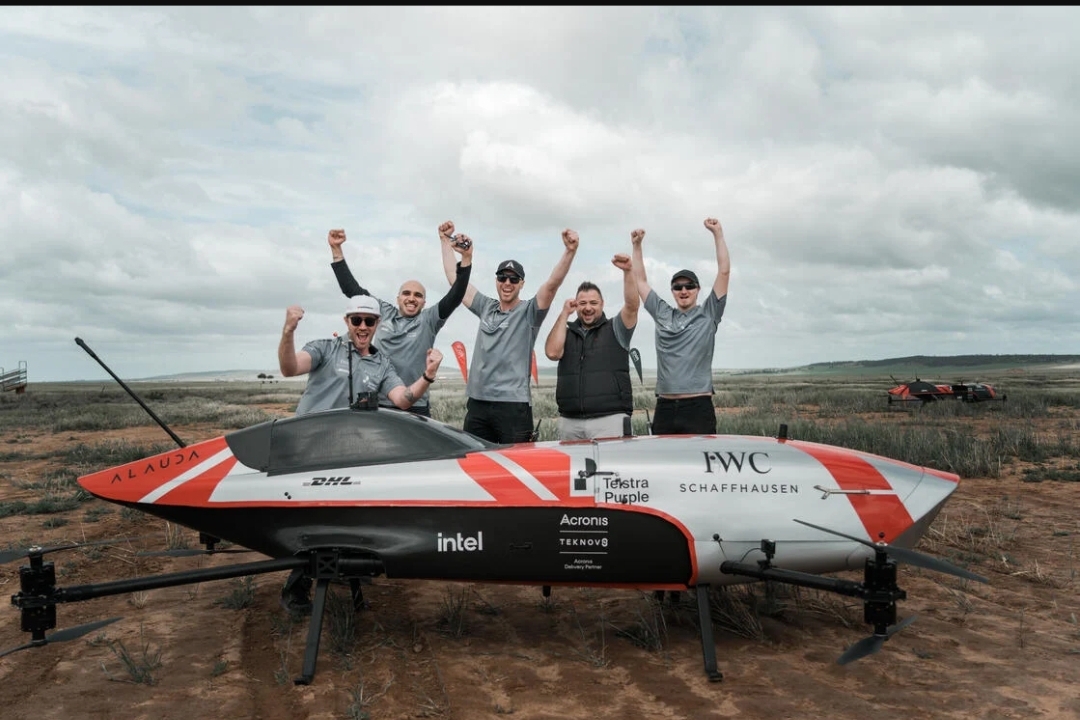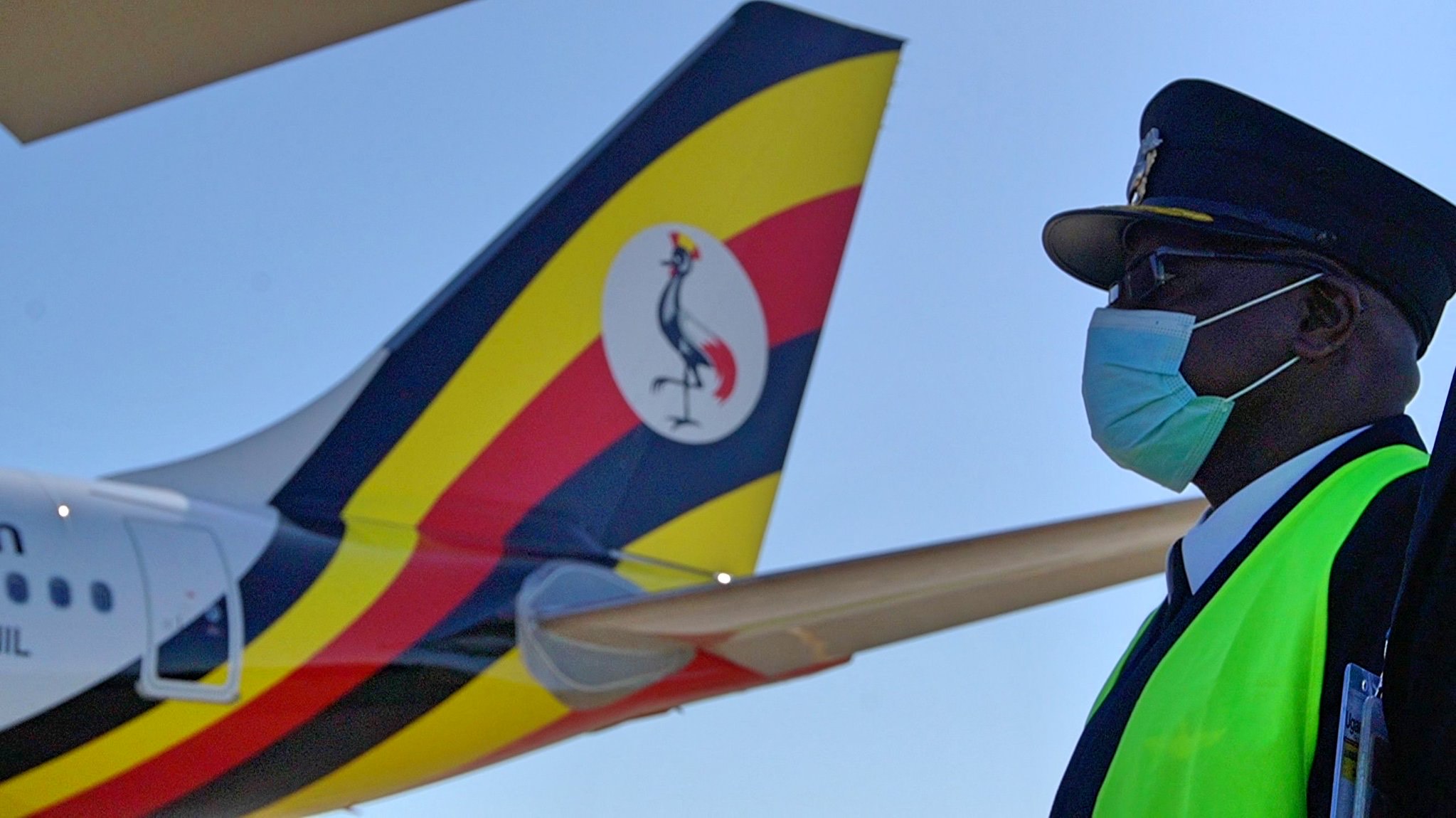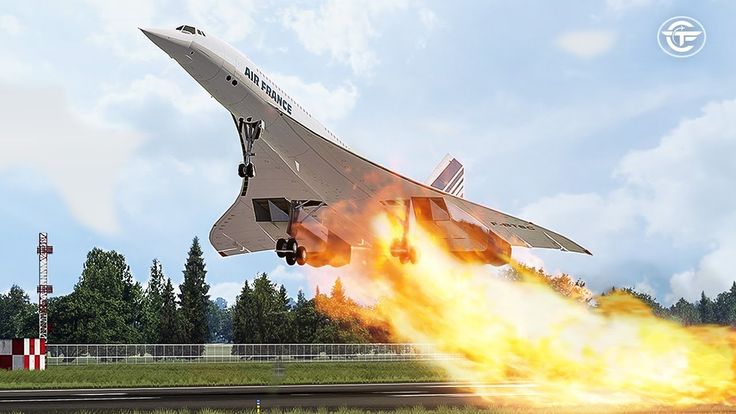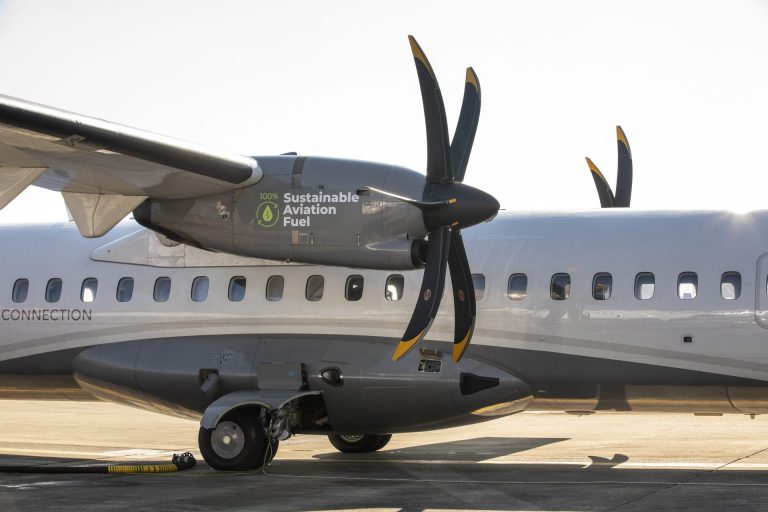One on one with the JamboJet CEO, Mr. Karanja Ndegwa
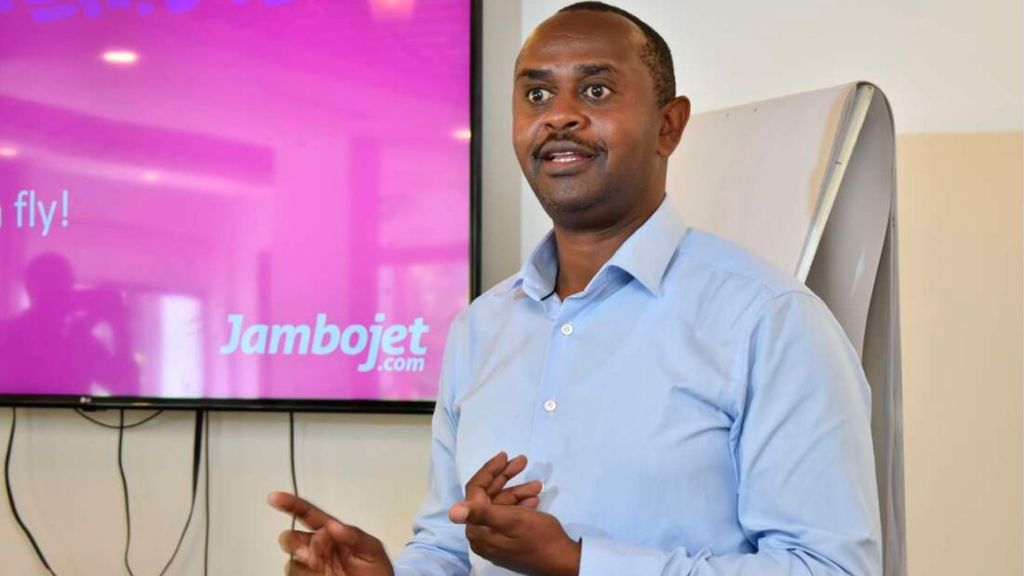
Congratulations on your new role as the CEO and MD of JamboJet. How is it so far?
It’s not an easy task for me but with the great team behind me, the task is easier. I have been with the airline since inception and to be at the helm of this organization now is really exciting. I look forward to by the time my term ends that I will leave the organization better and profitable.
You recently introduced direct flights to Goma. What was the strategy behind this?
Currently, there is no operator that does Nairobi Goma as scheduled frequency. Secondly, there is so much trade between Kenya and Eastern DRC. Goma is one of the areas where you find a well-equipped airport, running about four kilometers and we see it as the destination that’s the next thing.
Third, we can have so much tourism between the two countries. Working with quite a number of hotels we’ve been trying to look at other countries to market the tourism destinations that we go to.
Being that domestic tourism saved us during the pandemic, we began eyeing regional destinations and with Goma having a population of around two million people, with a number of international organizations established here, we saw that the direct flight will increase tourism. We are here to create and make it easier for both travelers in both countries to travel. It would take less time and it will be cheaper to reach Nairobi.
In your view, what needs to be done to make interconnectivity in Africa easier?
First, if there is a place where taxes are high, it’s in Africa. “Out of the 397 dollars that we are charging, 40 percent is just taxes.” If we can minimize that, we will get more clients since we pass on the taxes to the customers and that’s why the tickets are expensive. Secondly, there are instances where for one to get traffic rights it’s a challenge. Each country is trying to protect its national carriers and they will always give priority for that and it becomes difficult for one to access the destinations. But the ministry of transport and foreign affairs and there are some licenses which I applied three years ago but we haven’t received any nod from them yet but we keep trying.
You have chosen the brand new De Havilland Dash 8-400 for this route. Why this type?
We chose them because they have the lowest operation cost. After paying the expensive landing and the navigation charges, it would cut costs to have such an aircraft with the lowest operation cost. That consequently means that we will pass the lowest fares to our customers. The low cost is seen in the fuel consumption where while the aircraft consumes 980 liters per flight hour, the jets consume 2400 liters per flight hour. Fuel is one of the major costs for an airline. Also, airlines are charged per the weight of an aircraft and one is charged double when it’s a big aircraft. We also cut this cost when using the aircraft.
The Covid 19 pandemic has affected the hospitality industry and the aviation industry. What do you attribute your success to?
One of the things is that as an established carrier within Kenya, we have become an airline that is trusted by people with a high reliability in Africa.
In the year 2021, we are at 91 percent within 15 minutes departure which makes us amongst the top ten in the world if we were to be ranked. Secondly, is that we have ensured that our customers are safe even as they travel and that’s how they keep on coming to us. We had to retrain our staff on how to work with other players like Kenya Airports Authority and what needs to be changed.
How price sensitive is the market?
The market in Africa is quite price sensitive. If you go beyond a certain level no one will book you and if you go too low, no one will come to you and that means your business will be hurt. It’s a tricky balance between getting the right price, so that you get the right volumes. We believe that destinations like Goma and Lamu will tilt and make us profitable.
What are some of the changes that need to be done to strengthen the low cost carrier?
First thing is that regional taxes are too high and need to be brought down.
Secondly, open up the market. Why do we restrict airlines? Open up the competition and let the customer get the best service.
Third is that we need to embrace innovation. We are still using the old way of traveling, booking instead of making it easier like booking your travel from the comfort of your place. As airlines we also need to collaborate on safety. If we can work together to make our airspace safe, it will increase the number of people traveling.


